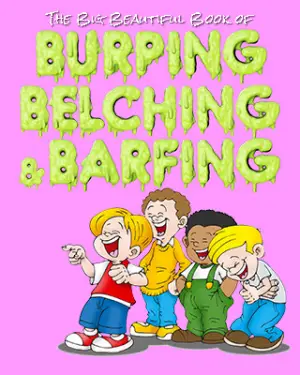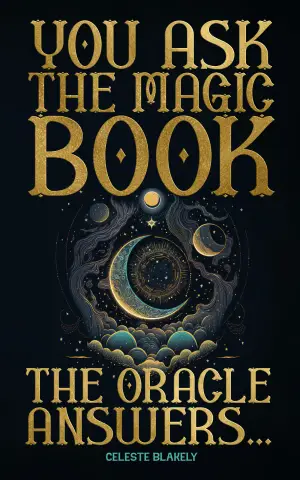I recently finished Acts of War, the first novel in the Usurper’s War series, and I must say, it’s an engrossing exploration of an alternative World War II. As a history buff and an avid reader of alternate history, the premise piqued my interest—a World War where Hitler’s death is not the end of the struggle, but rather a complex and harrowing beginning. I was curious about the author’s vision of a world in which Nazi Germany seems poised for domination after a treacherous peace is forced on the Allies.
What draws me to this book is the vivid portrayal of an alternate reality. Starting in August 1942, the narrative opens amidst the chaos of London in flames, with a victorious Germany turning its gaze towards an isolationist United States. The stakes feel higher than ever, and the moral dilemmas faced by characters like Adam Haynes and Eric Cobb resonate deeply. Adam’s resolve to fight against fascism is both inspiring and tragic; he embodies the struggle of so many who grapple with the cost of freedom.
One of my favorite aspects of the book is how it delves into the minds of its characters. Each has their own journey, grappling with the consequences of their choices. Adam Haynes, for instance, is portrayed as a steadfast patriot willing to sacrifice everything. Meanwhile, Cobb’s struggle between law and morality adds a rich layer of tension, highlighting the complexities of neutrality during war—an issue that seems just as relevant today.
However, it’s worth noting that while the book excels in character development, some passages felt mired in exposition. Readers have pointed out that certain scenes seemed drawn out, which did occasionally break the gripping momentum of the plot for me. While the extensive details do help in world-building, there were moments where I found myself wanting to move forward more quickly in the narrative.
Another strong point of Acts of War is its commentary on the broader implications of war. The acknowledged struggles with the lack of a "causus belli" for President Roosevelt resonate. His attempts to persuade an American public torn between isolationism and engagement are handled thoughtfully and make for compelling reading. The parallels to today’s political climate felt uncanny at times, which adds depth to the story and makes it all the more engaging.
Yet, I felt some aspects of character interaction could have been explored with more depth. The relationships—especially the comradeship and conflicts among military personnel—sometimes felt underdeveloped. I’d love to see more exploration of how these bonds shift and evolve in the midst of war’s pressures.
The climax of the story leaves readers in suspense and curiosity about how fate will unfold for each character as the series progresses. I left the book with a sense of anticipation for what lies ahead in the following installments, as the narrative poses a myriad of unresolved dilemmas and conflicts.
In conclusion, Acts of War presents a captivating and complex view of an alternate history that engages with the moral and ethical questions of conflict. Despite some pacing issues and the desire for deeper relationships, the strong character arcs and vivid world-building make it an enjoyable read. I recommend it for anyone fascinated by alternate histories or the human stories that arise amidst the carnage of war. This novel won’t just entertain; it will also make you ponder the implications of choices in dire times. Overall, I would rate it a solid 4.5 out of 5 stars. If you’re looking for an alternative history that resonates with contemporary issues while also delivering compelling narratives, look no further than Acts of War.
Discover a thrilling twist on history with Acts of War: A World War II Alternative History.
>>








